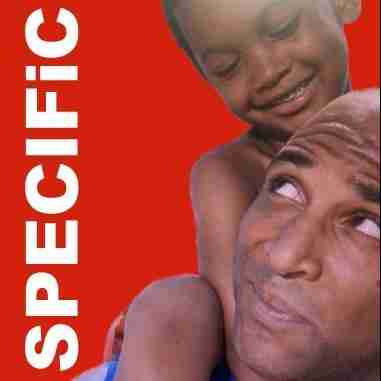Dr Alan Price A.D.Price3@salford.ac.uk
Lecturer in Psychology (Biological)

Dr Alan Price A.D.Price3@salford.ac.uk
Lecturer in Psychology (Biological)
Prof Penny Cook P.A.Cook@salford.ac.uk
Associate Dean Research & Innovation
The Animation Curriculum was developed from over a decade of research, exploring existing literature and drawing on lived experience working with a population of school aged children and young people with Fetal Alcohol Spectrum Disorders (FASD). Whilst specifically designed for learners with FASD, due to the coexisting conditions and similarities in presentation of ADHD-like and Autism-like challenges (from an educational perspective), The Animation Curriculum takes an inclusive approach to support all learners, including those with neurological disabilities. The Animation Curriculum was developed as part of a PhD study. At that time, social distancing measures were in place due to the Covid-19 pandemic, and it was not possible to apply and test the intervention. The research continued with a theoretical focus and whilst it remains untested with the target population, it holds significant theoretical underpinning. The principles have been presented at conferences, and the intervention has gained significant attention from parents/carers, educators and therapists from across the globe. Whilst initially designed for learners with FASD, The Animation Curriculum is an inclusive approach that allows those with neurological disabilities to remain in a classroom setting with their peers and receive a targeted intervention. The Animation Curriculum is a strengths-based, multi-sensory, experiential story-telling tool that provides many opportunities for expression, acting as a communication tool. The Animation Curriculum applies a ‘plan, do, review’ approach that aligns closely with metacognitive therapy practices, drawing expected therapeutic benefits to participation. These benefits are untested in a therapeutic context, although it is gaining attention from therapists in the USA, Canada and Australia. It is a seven module programme incorporating; Story and script writing Creative Production Storyboarding Animatic Sound Production Animation Edit, Finalisation, Export, Review Each class in which The Animation Curriculum is delivered follows a set structure of activities which is a key element of the curriculum design. This structure offers a scaffolding of delivery for the facilitator to feel confident in and ensures familiarity for the students, allowing them to take ownership and authorship of their creative production as they progress through the curriculum modules. For the purpose of this project, the curriculum will aim to increase up to two of the following four target outcomes for the student population; Empathy Social Skills Expressive Language Skills Emotional Intelligence Phase 1 of this project will be co-creation in which the host school will be heavily involved in selecting the aims (choosing up to two of the four listed above) and the delivery of the curriculum, ensuring approaches and tools are appropriate for the student population and that the equipment and technology used is already owned by the school (eliminating any need for the purchase of new equipment). Phase 2 will be the practical delivery and data collection, with Phase 3 focussing on data analysis, evaluation and dissemination of findings. The outcomes of this project are to identify and measure any increase in the selected aim(s) (empathy, social skills, expressive language skills or emotional intelligence) through the collection of quantitative data and understand levels of engagement through the collection of qualitative data. The outcomes for the project as a whole are to determine the feasibility of training and delivery of this programme, and explore teacher, student and parent/carer views of The Animation Curriculum. If shown to be feasible, and once there are some proof-of-principle data, several schools/regions in North America and beyond have shown interest in applying the Animation Curriculum, potentially benefiting a large number of children affected by FASD and other common neurodevelopmental disorders.
| Type of Project | Philanthropy Team (Donation or Grant) |
|---|---|
| Status | Project Live |
| Funder(s) | Mohapatra Family Foundation Inc. |
| Value | £50,000.00 |
| Project Dates | Jan 1, 2025 - Dec 31, 2025 |
Nature and nurture in arsenic induced toxicity of Bihar, India Apr 1, 2017 - Apr 1, 2020
European Conference on Fetal Alcohol Spectrum Disorders (FASD) 2016 Jun 1, 2016 - Oct 1, 2016

FASD Prevalence Study - top-up budget NURB88 Sep 1, 2020 - Feb 1, 2021
About USIR
Administrator e-mail: library-research@salford.ac.uk
This application uses the following open-source libraries:
Apache License Version 2.0 (http://www.apache.org/licenses/)
Apache License Version 2.0 (http://www.apache.org/licenses/)
SIL OFL 1.1 (http://scripts.sil.org/OFL)
MIT License (http://opensource.org/licenses/mit-license.html)
CC BY 3.0 ( http://creativecommons.org/licenses/by/3.0/)
Powered by Worktribe © 2025
Advanced Search